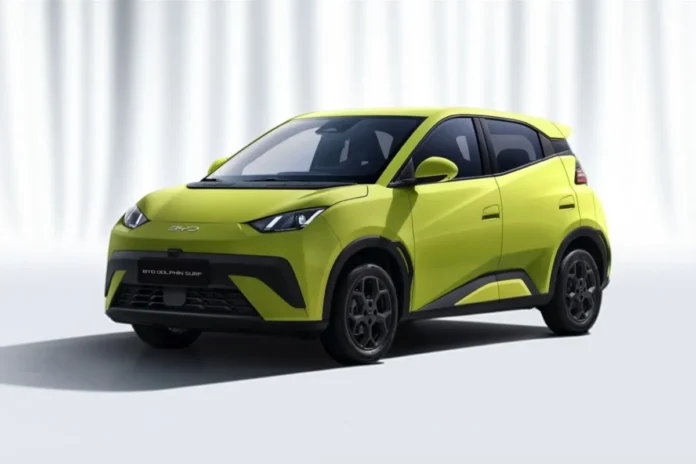BYD, the globally dominant electric vehicle manufacturer, has taken a bold step to safeguard its image amid rising criticism on digital platforms. Once a shining beacon in the transition to electric mobility, the Chinese firm now finds itself at the centre of a fierce campaign against influential voices that it deems irresponsible and damaging.
A New Legal Strategy in the EV Sector
In a move that is raising eyebrows across the electric vehicle community, BYD has initiated legal proceedings against 37 prominent online influencers. These creators have been accused of disseminating misleading content about the company’s new models and business practices. Moreover, BYD has placed an additional 126 influencers under internal scrutiny, signalling an aggressive drive to monitor and counteract any defamation that might come its way.
According to a recent announcement made via WeChat and subsequently amplified by multiple news outlets, BYD’s actions come in response to repeated online attacks that have, according to the company, adversely affected its reputation and impacted the broader automotive industry. With an offer of rewards reaching up to €600,000 for verifiable leads that expose further instances of online misinformation, BYD is setting a high bar for holding detractors accountable.
The Stakes Behind the Strategy
The strategy is multi-pronged. Bright on the international scene after recently surpassing even prominent competitors in the European market, BYD is not only riding high on commendable sales figures but is also expanding its technological footprint. Among its innovations are rapid-charging stations capable of delivering a full charge in just five minutes. However, the company is equally determined to protect the integrity and trust it has built with its customers—trust that could be undermined by what it describes as “organised and coordinated” smear campaigns.
BYD contends that these disinformation efforts, often launched by influencers with massive followings, do more than just tarnish the brand. They disrupt market order and pose a real threat to the overall perception of electric mobility. In recent cases, several influencers have already been fined or forced to issue public apologies after courts found their claims to be unfounded. This rigorous legal stance is an unusual but deliberate strategy in a digital landscape where unfettered online expression often meets little resistance in the West.
A Snapshot of the Legal Battleground
Below is a table summarising some key aspects of BYD’s legal actions and incentives aimed at curbing online defamation:
| Case Aspect | Details |
|---|---|
| Number of Lawsuits | 37 influencers are being sued for alleged defamation |
| Additional Monitored Profiles | 126 influencers placed under internal monitoring |
| Reward Incentive | Up to €600,000 offered for credible leads exposing coordinated smear campaigns |
| Notable Example | One influencer, known by the pseudonym “AutoBiBiBi,” was fined approximately €12,000 for false claims |
| Impact on Market Perception | Aimed at protecting trust in BYD and stabilising the competitive EV market |
This structured approach not only underlines BYD’s commitment to defending its reputation but also serves as a cautionary tale for online critics across the globe.
Implications for the Electric Mobility Landscape
As BYD’s legal campaigns unfold, their repercussions could be far reaching. In China, where the judiciary has historically favoured local enterprises in matters of defamation, such measures are not entirely unprecedented. However, for many in the United Kingdom and other Western markets, these aggressive tactics are a marked departure from more conventional approaches to managing online criticism.
The outcome of these legal confrontations may well set a precedent for how brands—and the influencers who critique them—navigate the increasingly intertwined realms of digital media and corporate reputation. For enthusiasts and professionals in the electric mobility space, the situation offers both a glimpse into the evolving challenges of digital public relations and a reminder of the high stakes involved in maintaining brand ethos in a crowded, competitive market.
BYD’s case is unique, yet it echoes broader trends within technology and mobility sectors. As brands slide further into digital ecosystems, the intersection of public opinion and legal accountability becomes more critical. For the UK market, renowned for its critical engagement and robust consumer advocacy, keeping an eye on such developments could provide valuable insights into future legal and marketing strategies.




